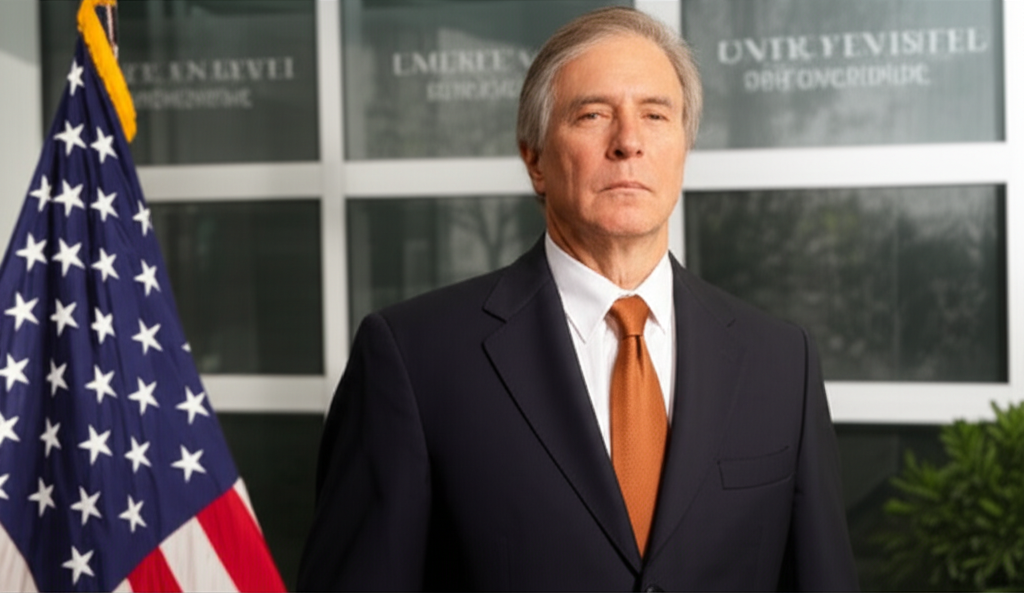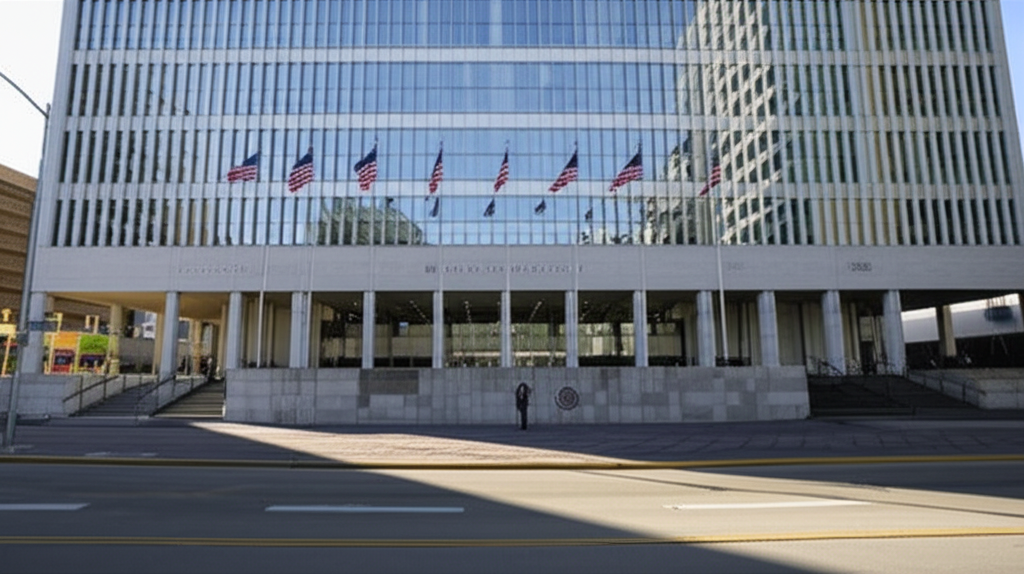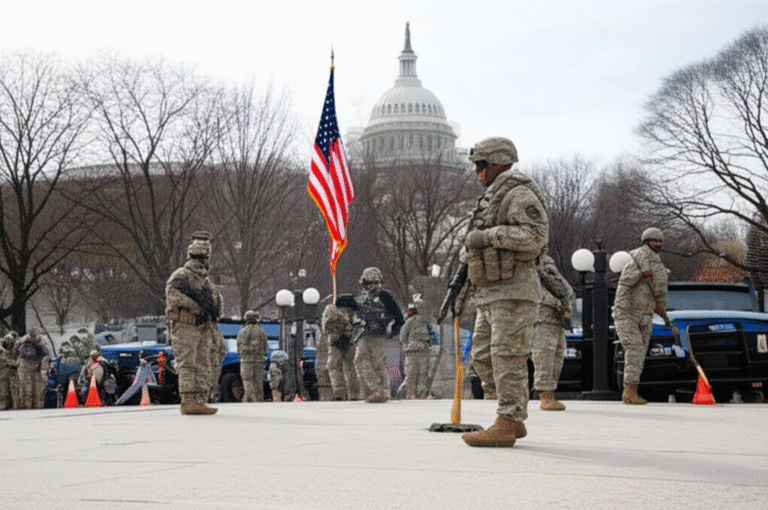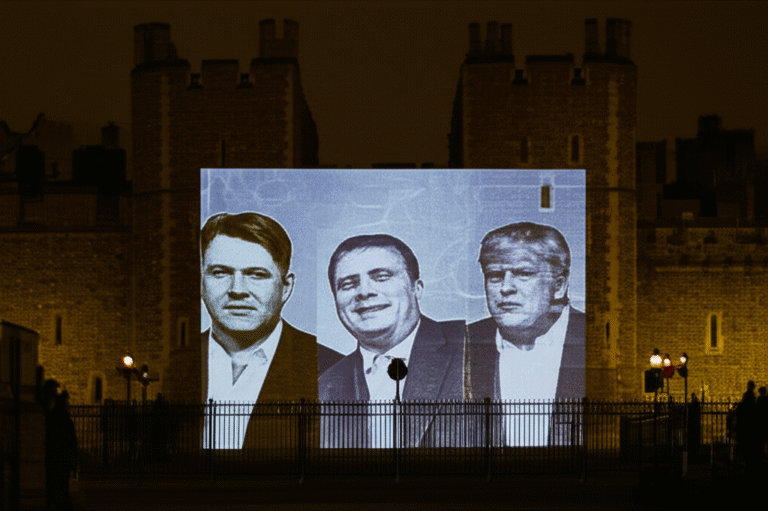
The United States Embassy in New Delhi has taken decisive action against corporate leaders involved in fentanyl precursor trafficking by revoking and denying their visas. The announcement, made on Thursday, underscores a significant step in the U.S. government’s efforts to combat the flow of illicit substances into the country. While the embassy confirmed the measures, it did not disclose the identities of the business executives affected by the decision, maintaining confidentiality regarding the specific individuals. This move signals a heightened level of scrutiny and enforcement against those contributing to the synthetic opioid crisis. The action is grounded in specific provisions of U.S. law, targeting individuals and organizations connected to the illegal production and trade of drugs destined for the United States. The consequences extend beyond the primary individuals, potentially affecting their close family members as well, who may now be deemed ineligible for travel to the U.S. This policy reflects a broader strategy to disrupt the logistical and financial networks that support the international drug trade, particularly focusing on the chemical building blocks required to manufacture deadly synthetic opioids like fentanyl. The embassy’s firm stance serves as a clear warning to others involved in similar activities, indicating that participation in the illicit drug supply chain will have severe and lasting repercussions on their ability to engage with the United States. The focus on fentanyl precursors is particularly critical, as these chemicals are essential for the cartels and traffickers who synthesize the final product that has caused widespread devastation. [Source](https://www.ndtvprofit.com/nation/us-embassy-in-new-delhi-revokes-visas-of-corporate-leaders-for-trafficking-fentanyl)

Legal Framework and Official Statements
The legal basis for the visa revocations is firmly rooted in the U.S. Immigration and Nationality Act. The embassy specifically cited section 221(i), section 212(a)(2)(C), and section 214(b) of the Act as the authority for its actions. These provisions grant consular officers the power to deny or revoke visas for a range of reasons, including involvement in unlawful activities and national security concerns. The application of these sections highlights the U.S. view that fentanyl precursor trafficking is not merely a criminal issue but also a threat to public safety and national interest. The decision makes these individuals and their immediate family members potentially ineligible to enter the United States, a significant consequence for international business leaders. In a statement on the matter, Chargé d’affaires Jorgan Andrews affirmed the embassy’s position. “The U.S. Embassy in New Delhi remains steadfast in its commitment to combating illicit drug trafficking,” Andrews stated. “Individuals and organisations involved in the illegal production and trafficking of drugs to the United States, along with their families, will face consequences that may include being denied access to the United States.” This declaration reinforces the serious and comprehensive approach being taken, targeting not just the individuals directly involved but also their support networks. The statement serves as a public notice of the U.S. government’s policy and its determination to use all available diplomatic and legal tools to protect its citizens from the dangers of illicit drugs.
The Devastating Impact of Fentanyl
Fentanyl is a powerful synthetic opioid, similar in nature to drugs like morphine or heroin, but significantly more potent. Its lethality is a primary driver of the ongoing public health crisis in the United States, where it is blamed for widespread drug addiction and a staggering number of overdose deaths. According to the 2025 Annual Threat Assessment report, fentanyl and other synthetic opioids are the deadliest drugs being trafficked into the country. The scale of the crisis is illustrated by grim statistics: in the 12-month period ending in October 2024, more than 52,000 deaths in the U.S. were attributed to synthetic opioids. This figure underscores the urgency behind the U.S. government’s actions to disrupt the supply chain at every possible point, from the chemical precursors to the final distribution. The report also highlights the role of cartels in this crisis, noting they are largely responsible for these deaths. The widespread availability of fentanyl has had a profound impact on communities across the United States, straining resources and putting citizens at risk. The ease with which precursors can be synthesized into the final drug makes controlling their flow a top priority for law enforcement and diplomatic officials alike. The actions taken in New Delhi are a direct response to this threat, aiming to cut off the supply of essential ingredients before they can be used to produce the finished, lethal product.
- The U.S. Embassy in New Delhi revoked visas for business leaders implicated in fentanyl precursor trafficking.
- The action was taken under sections 221(i), 212(a)(2)(C), and 214(b) of the U.S. Immigration and Nationality Act.
- Fentanyl and other synthetic opioids were linked to more than 52,000 U.S. deaths in the year ending October 2024.
- A U.S. intelligence report previously named India and China as source countries for illicit fentanyl precursors.
Background
The recent visa revocations are not an isolated event but rather part of a sustained, multi-faceted effort by the United States to address the opioid crisis. Previous government actions have also targeted the international sources of fentanyl and its precursors. For instance, the Trump administration initiated a significant crackdown on the illegal importation of fentanyl. That effort also included linking the issue of drug trafficking to trade policy, in some cases connecting it with tariff adjustments for certain countries. This indicates a long-standing U.S. policy of using economic and diplomatic pressure to compel international cooperation on counter-narcotics efforts. Furthermore, the focus on India and other nations as sources of precursor chemicals is well-documented. A U.S. intelligence report issued in March explicitly named both India and China as “sources of precursors and equipment for drug traffickers.” The report identified them as the primary source countries for the illicit fentanyl precursor chemicals and pill pressing equipment used by trafficking organizations. This intelligence provides the context for the heightened scrutiny now being applied to individuals and companies in these regions. The 2025 Annual Threat Assessment further contextualized the issue by linking the activities of drug cartels to broader security challenges, noting their role in facilitating nearly three million illegal migrant arrivals in 2024, which strains resources and poses risks to U.S. communities.

The U.S. Embassy in New Delhi remains steadfast in its commitment to combating illicit drug trafficking. Individuals and organisations involved in the illegal production and trafficking of drugs to the United States, along with their families, will face consequences that may include being denied access to the United States.
What’s next

Looking ahead, the U.S. Embassy has signaled that its recent actions are part of an ongoing and expanding strategy. Officials have stated that executives connected with companies known to have trafficked fentanyl precursors will be flagged for heightened scrutiny if and when they apply for U.S. visas. This proactive measure aims to prevent individuals with potential links to the illicit drug trade from entering the country, moving beyond reactive visa revocations to a more preventative posture. The U.S. Consulate emphasized that stopping the flow of fentanyl, including its precursors, is one of its highest priorities. This commitment suggests that similar enforcement actions could be taken in the future against others involved in this trade. A crucial element of this strategy is international cooperation. The U.S. Consulate expressed gratitude to its counterparts in the Indian government for their close cooperation in combating what it described as a shared challenge. The official statement highlighted the necessity of a joint approach, saying, “Only by working together will our two governments address this transnational threat and keep both our people safe from illicit drugs.” This points toward continued collaboration between U.S. and Indian authorities, likely involving intelligence sharing, joint investigations, and coordinated law enforcement operations. The overarching goal remains the complete disruption of the transnational networks that produce and distribute these deadly substances, thereby safeguarding communities in both nations from the impact of the illicit drug trade. The focus on fentanyl precursor trafficking will likely remain a central pillar of U.S. diplomatic and law enforcement engagement with India and other source countries for the foreseeable future. The severity of the opioid crisis within the United States ensures that this issue will continue to command significant attention and resources, with diplomatic actions like visa denials serving as a key tool in the broader fight.






